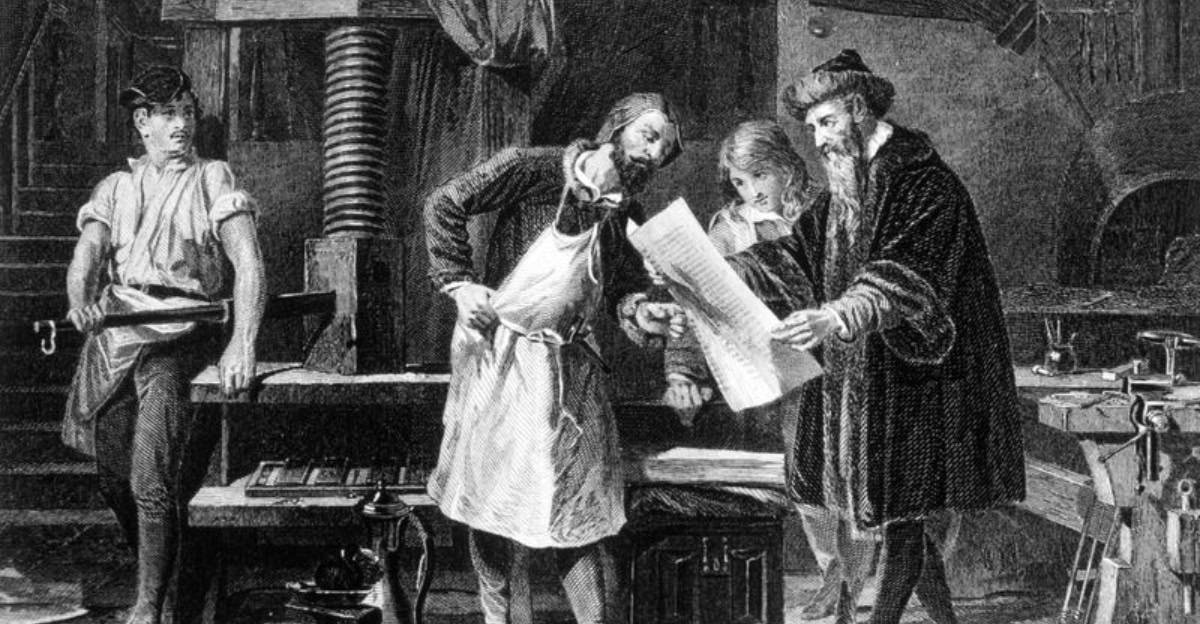Throughout history, certain moments have had a profound impact on the course of human events.
These pivotal occurrences, whether they involve groundbreaking inventions, transformative revolutions, or significant discoveries, have shaped our present and will continue to influence our future.
By examining these moments, we can gain a deeper understanding of how we’ve come to be and where we might be headed. Join us as we take a journey through time to explore ten of the most impactful moments in history that changed everything.
1. The Printing Press Revolution
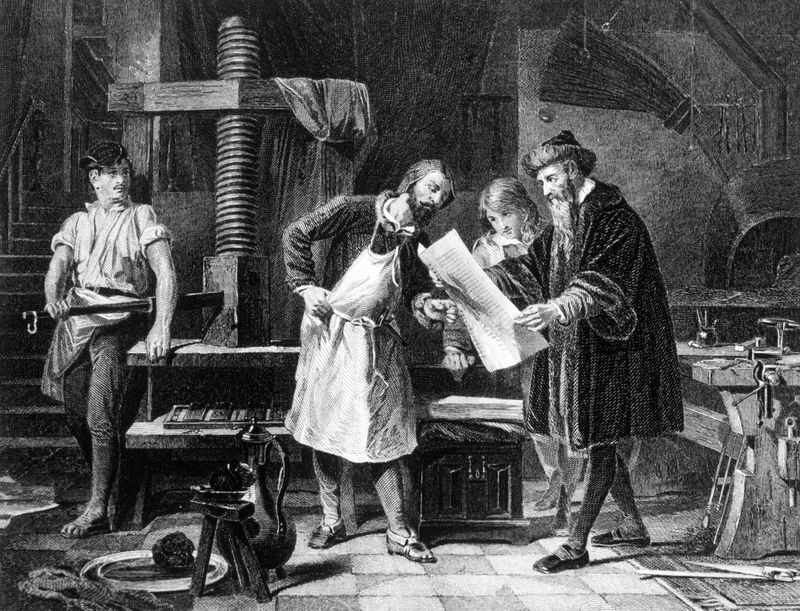
The invention of the printing press by Johannes Gutenberg in the 15th century revolutionized how information was disseminated. This groundbreaking technology made books more accessible, facilitating the spread of knowledge.
Before the printing press, books were laboriously hand-copied, limiting their availability. With Gutenberg’s invention, the ability to mass-produce texts transformed education and literacy.
This movement was instrumental in the Renaissance and the Reformation, as ideas could be shared with a wider audience. The printing press is often cited as one of the most significant inventions in human history.
2. Discovery of Electricity

Electricity’s discovery was a game-changer for civilization. Benjamin Franklin’s famous kite experiment in 1752 laid the groundwork for understanding electricity.
His experiments showed that lightning was electrical, leading to the development of the lightning rod. Franklin’s work paved the way for future inventions, such as the electric light bulb and power generation.
These developments ushered in the modern age, revolutionizing industries and daily life. Our world today relies heavily on electricity, making its discovery one of history’s most impactful moments.
3. The Industrial Revolution
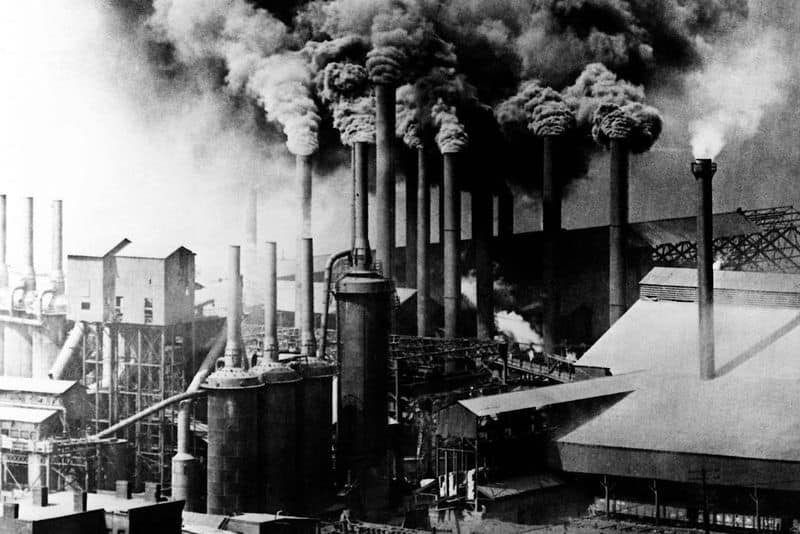
The Industrial Revolution marked a significant turning point in history. Beginning in the late 18th century, it introduced new manufacturing processes, shifting economies from agrarian to industrial.
This era saw the rise of factories, urbanization, and technological innovation, including the steam engine. The Industrial Revolution transformed societies, leading to economic growth and changes in labor.
While it brought progress, it also posed challenges, such as environmental impact and labor exploitation. Nonetheless, this period laid the foundation for the modern industrialized world.
4. The American Revolution
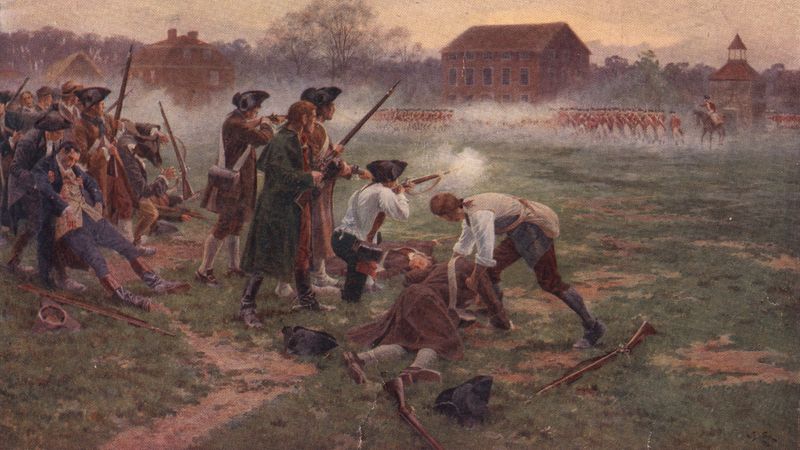
The American Revolution was a pivotal moment in the quest for independence and democratic governance. In 1776, the thirteen American colonies broke free from British rule.
Under the leadership of figures like George Washington, the revolutionaries fought for self-determination, inspiring other nations. The success of the Revolution established the United States and set a precedent for democratic ideals.
This event had far-reaching effects, influencing political movements worldwide and shaping global history. The American Revolution remains a symbol of the fight for freedom and rights.
5. The Abolition of Slavery
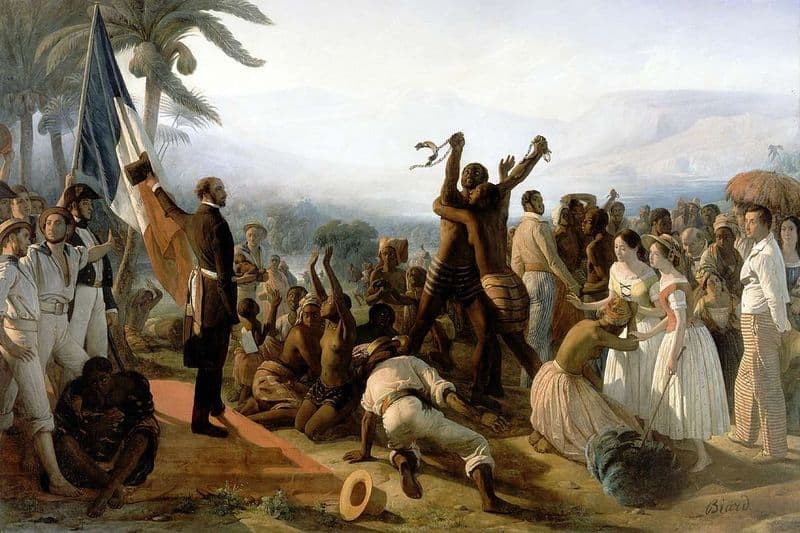
The abolition of slavery was a monumental moment in the pursuit of human rights. In 1863, President Abraham Lincoln issued the Emancipation Proclamation, declaring enslaved people in Confederate states free.
This act was a significant step towards ending centuries of enslavement and sparked efforts to achieve equality and justice. The abolition movement, driven by activists and reformers, faced immense challenges.
However, it ultimately led to the 13th Amendment and changed the social fabric of the United States. This historic moment’s legacy continues to influence civil rights movements worldwide.
6. The French Revolution

The French Revolution, beginning in 1789, was a radical movement that reshaped France and impacted global politics. Dissatisfaction with the monarchy sparked a quest for liberty, equality, and fraternity.
The Revolution led to the fall of the Bastille, a symbol of tyranny, and the rise of new political ideologies. It abolished feudal privileges and introduced reforms like the Declaration of the Rights of Man.
This tumultuous period influenced democratic movements worldwide and altered the course of history by challenging authoritarian regimes.
7. The Theory of Evolution
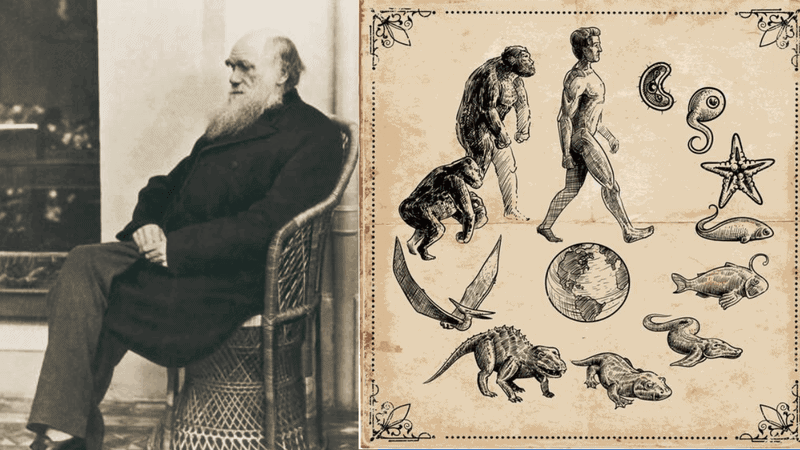
Charles Darwin’s publication of “On the Origin of Species” in 1859 was a groundbreaking moment in scientific history. His theory of evolution proposed natural selection as the mechanism for species development.
This theory challenged existing beliefs about life’s origins and sparked scientific and religious debates. Darwin’s work laid the foundation for modern biology and influenced various scientific disciplines.
His insights into evolution have shaped our understanding of life on Earth, making this publication one of history’s most impactful scientific achievements.
8. World War I
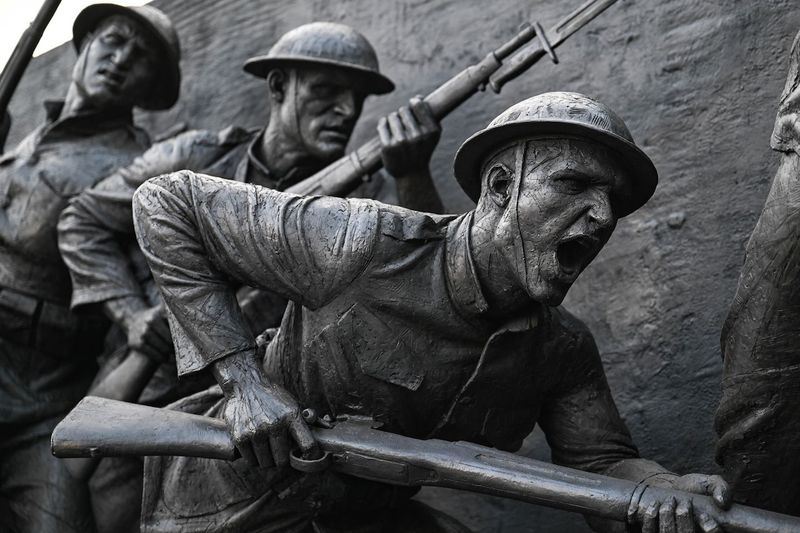
World War I, from 1914 to 1918, was a devastating conflict that reshaped geopolitics. Known as the “Great War,” it involved major world powers and introduced trench warfare.
The war’s unprecedented scale and brutality led to significant loss of life and changed political landscapes. It resulted in the Treaty of Versailles and the League of Nations’ formation.
World War I also set the stage for World War II, highlighting the need for international cooperation and conflict resolution. This war was a turning point in global history.
9. The Moon Landing
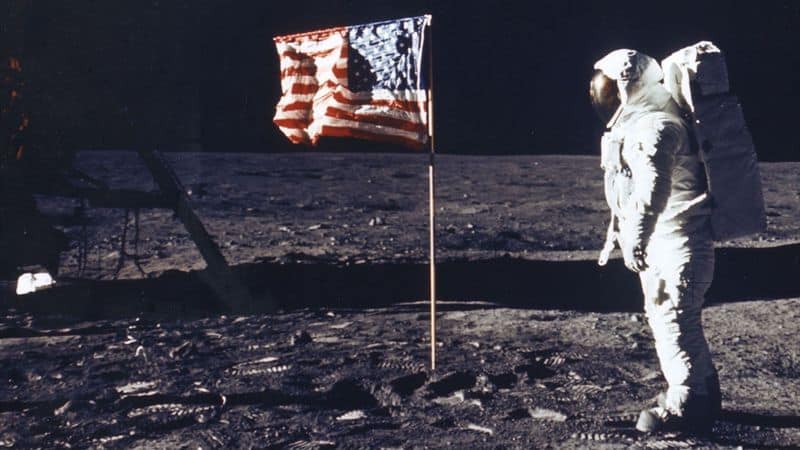
The moon landing in 1969 was a monumental achievement in human exploration. Astronaut Neil Armstrong became the first person to set foot on the lunar surface.
This event was the culmination of intense space competition during the Cold War, particularly between the United States and the Soviet Union. The Apollo 11 mission symbolized technological prowess and human potential.
The moon landing inspired generations of scientists, engineers, and dreamers. It marked a new era in space exploration, highlighting humanity’s quest to explore beyond Earth.
10. The Digital Revolution

The Digital Revolution has transformed how we live, work, and communicate. Beginning in the late 20th century, it introduced digital technology, including computers and the internet.
This revolution changed industries, enabled global connectivity, and democratized information. The rise of social media, e-commerce, and artificial intelligence are all products of this transformation.
While it presents challenges, such as privacy concerns, the Digital Revolution continues to shape the future. Its impact on society is profound, making it one of the most significant moments in recent history.

